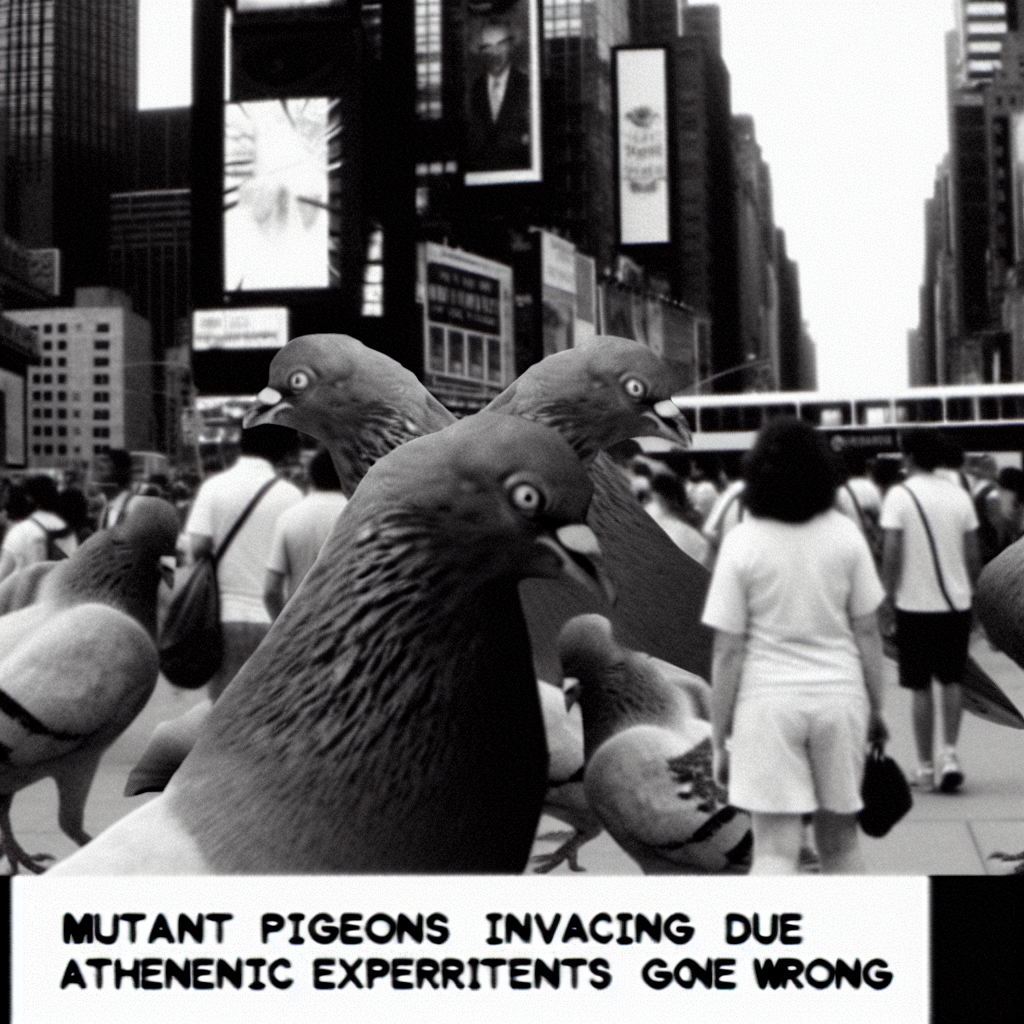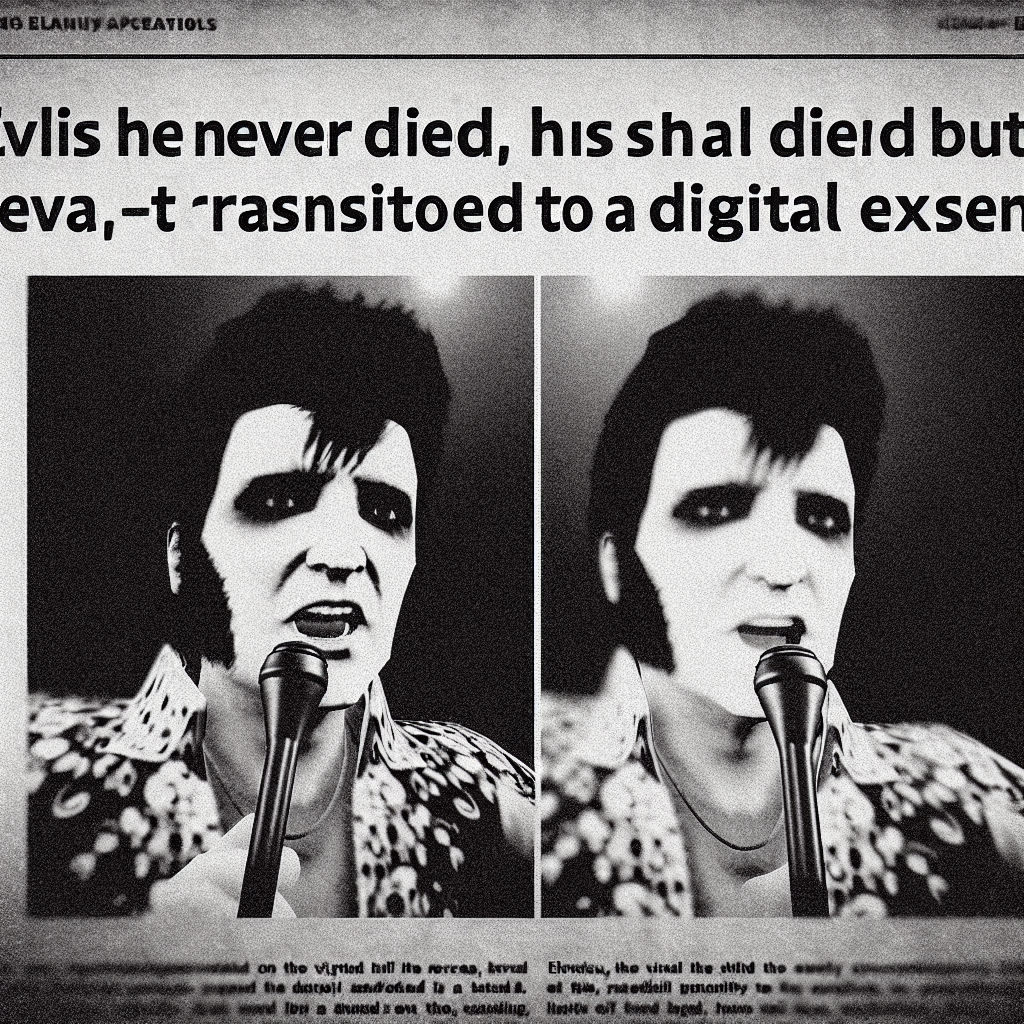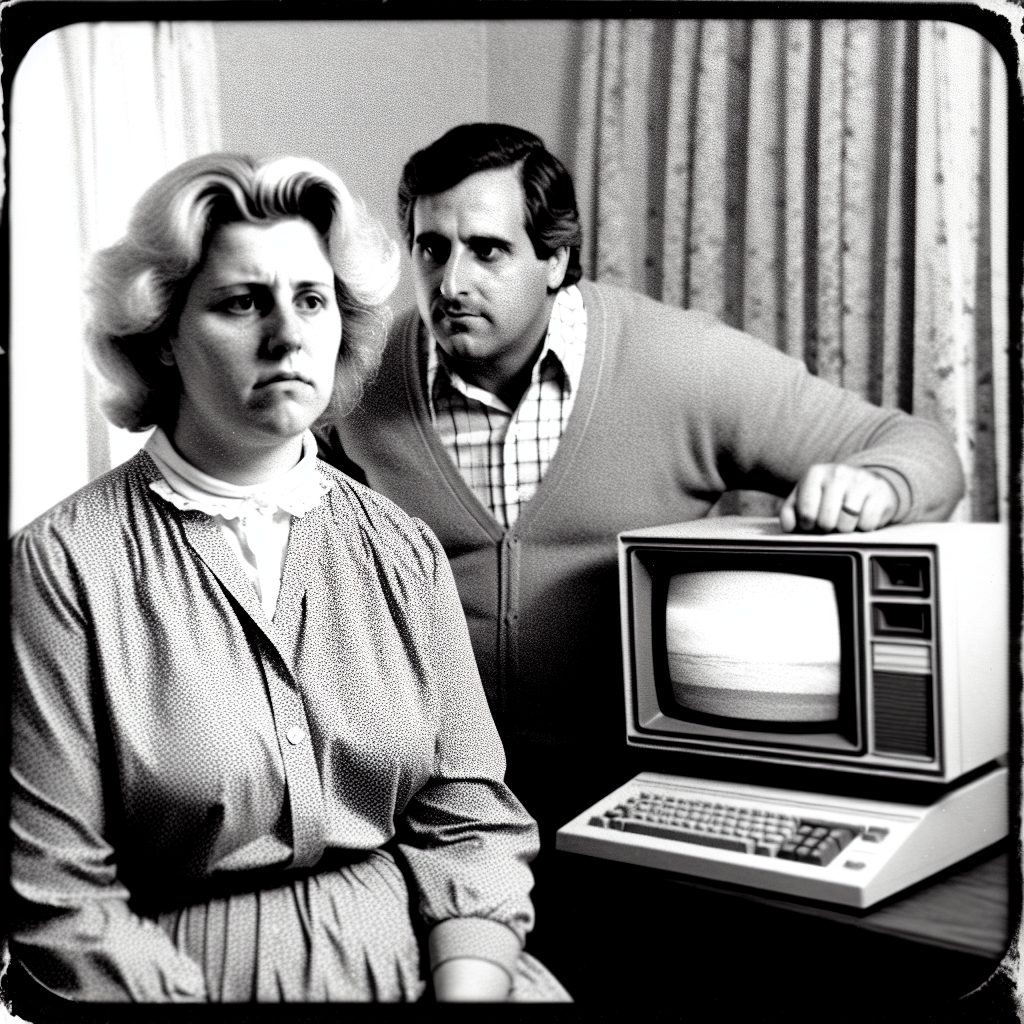Google Search Results Now Include Disappointed Looks…
New feature shows Mom's reaction when you Google "how to boil water" at age 32
MOUNTAIN VIEW, CA – In a shocking development that has left millions of internet users questioning their life choices, tech giant Google has secretly deployed a revolutionary new feature that displays the disappointed facial expressions of users’ parents directly within search results. The controversial update, dubbed “ParentalShame 2.0,” has been quietly rolling out across the platform since last Tuesday, catching unsuspecting users off-guard with brutally honest reactions from their mothers and fathers.
The feature appears to activate when users search for embarrassingly basic adult skills, such as “how to do laundry,” “what temperature to cook chicken,” or “how to pay taxes.” Within seconds of hitting enter, a small window materializes in the upper right corner of the search results page, displaying a live feed of the user’s parents shaking their heads in profound disappointment.
Sarah Mitchell, a 29-year-old marketing coordinator from Phoenix, discovered the feature while frantically searching “how to unclog toilet without plunger” during a dinner party. “I was mortified,” Mitchell reported, still visibly shaken by the experience. “There was my mother, sitting in her kitchen 2,000 miles away, just staring at the camera with this look of complete bewilderment. She mouthed the words ‘I failed as a parent’ and then walked away. My guests saw everything.”
Internal documents leaked by a whistleblower within Google reveal that the project, codenamed “Operation Reality Check,” has been in development for over three years. The system allegedly uses advanced facial recognition technology combined with what the company calls “disappointment algorithms” to capture and broadcast parental reactions in real-time. The technology reportedly taps into smart home devices, smartphones, and even old webcams to monitor parents’ faces when their adult children perform questionable searches.
Dr. Patricia Kleinman, a digital privacy expert at Stanford University, warns that this development represents a dangerous new frontier in psychological manipulation. “What we’re seeing here is essentially weaponized shame,” Dr. Kleinman explained during an emergency press conference. “Google has created a system that exploits one of humanity’s deepest fears – parental disapproval – and monetizes it through increased user engagement and ad revenue. People are now spending 300% more time on basic how-to searches because they feel compelled to learn everything they should have known years ago.”
The feature has reportedly caused widespread panic among millennials and Gen Z users, with many discovering just how much their parents truly know about their adult incompetencies. Emergency calls to mental health hotlines have spiked 400% since the rollout began, with most callers reporting “extreme shame spirals” and “sudden urges to take cooking classes.”
Perhaps most disturbing are reports of the system’s apparent ability to predict searches before they’re completed. Marcus Rodriguez, a 34-year-old software developer, claims his father’s disappointed face appeared on his screen while he was still typing “how to fold fitted sh—” into the search bar. “Dad somehow knew I was about to ask about fitted sheets,” Rodriguez whispered during our phone interview. “He was already holding up the perfectly folded sheet Mom bought me for Christmas three years ago. It’s like they’ve been watching this whole time.”
Google representatives have remained suspiciously silent about the feature’s existence, with company spokespeople responding to press inquiries with only cryptic statements about “enhancing user experience through family connectivity” and “leveraging authentic emotional responses for educational outcomes.”
Tech industry insiders suggest this may only be the beginning of Google’s foray into family-based surveillance features, with rumors circulating about upcoming updates including “Grandmother’s Recipe Judgments” and “Sibling Success Comparisons.”
The characters and events depicted in this story are entirely fictitious. Any similarity to real persons, living or dead, or to actual events is unintentional and purely coincidental.









